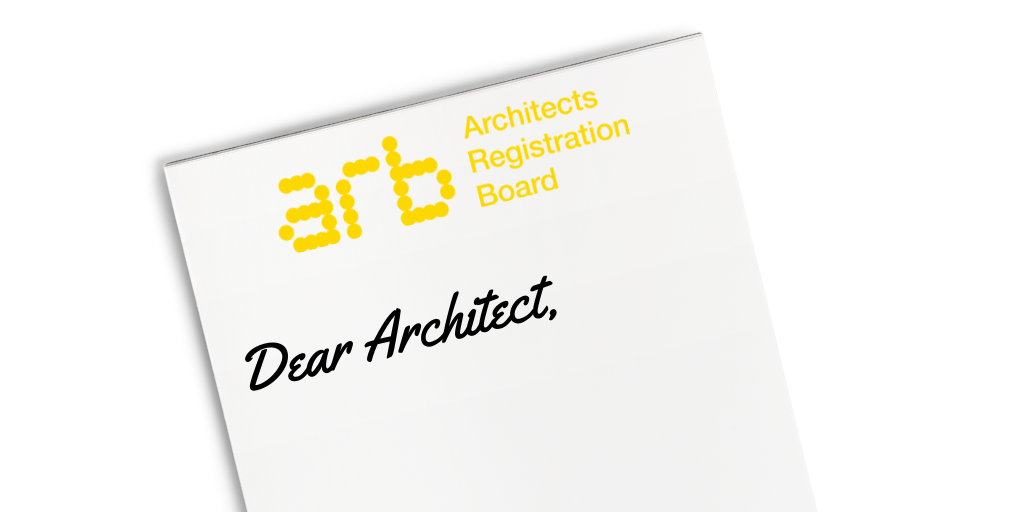
Although serious concerns about architects are rare, common themes can emerge in the complaints we handle. By sharing these insights with you, along with guidance on the expectations of the Architects Code, we hope to help you avoid similar pitfalls.
Standard 4 of the Architects Code applies whether you are a sole trader or you run a practice with hundreds of employees. It covers architecture specific elements of business and is designed to help ensure things run effectively for clients.
About half of the cases considered by the Professional Conduct Committee involve a breach of Standard 4, so we want to help you understand Code expectations and how to avoid common problems.
Systems, resources and oversight
A good starting point to reduce problems and provide a good service throughout the life of a project is to have clear, established systems and keep good records of what you do. Beyond this, what is right for your business will depend on its size and the type of work carried out.
For example, if you employ staff, look to ensure you have good systems and records for their supervision. If we receive a complaint about the service provided by a non-architect member of staff, we may ask for evidence such as supervisory meeting notes or work sign-off to show their work was properly supervised by the architect in control and management of the practice.
Data and technology
A good first step here is to familiarise yourself with the data protection laws that affect your practice and the work you do. Handling data incorrectly could result in a complaint, a copyright or contractual dispute, or a data protection breach.
When handling client data, think about where that data is kept and what safeguards/restrictions you might need to avoid it being lost or inappropriately accessed. Establishing a data management policy is a good way to ensure all staff know what they need to do.
If you’re thinking of using examples of previous work for a portfolio, you should speak with the relevant employer before doing so. Rules on the use of company records will vary, so only they can advise you on what is permitted. If a company permits you to use the data, always make sure it does not include personal client data as this could still constitute a breach.
Terms of engagement
Many of the complaints we see stem from the absence of robust terms of engagement. Lay clients can be unsure of what to expect and misunderstandings can easily occur.
Regardless of the scale of the instruction or who the client is, discuss and document full written terms of engagement before you carry out any architectural work and update them if your instruction changes.
If you’d like further advice on this subject, or if there are other topics you’d like us to cover, contact us at professionalstandards@arb.org.uk or on +44 (0) 207 580 5861 and we will be happy to help.

